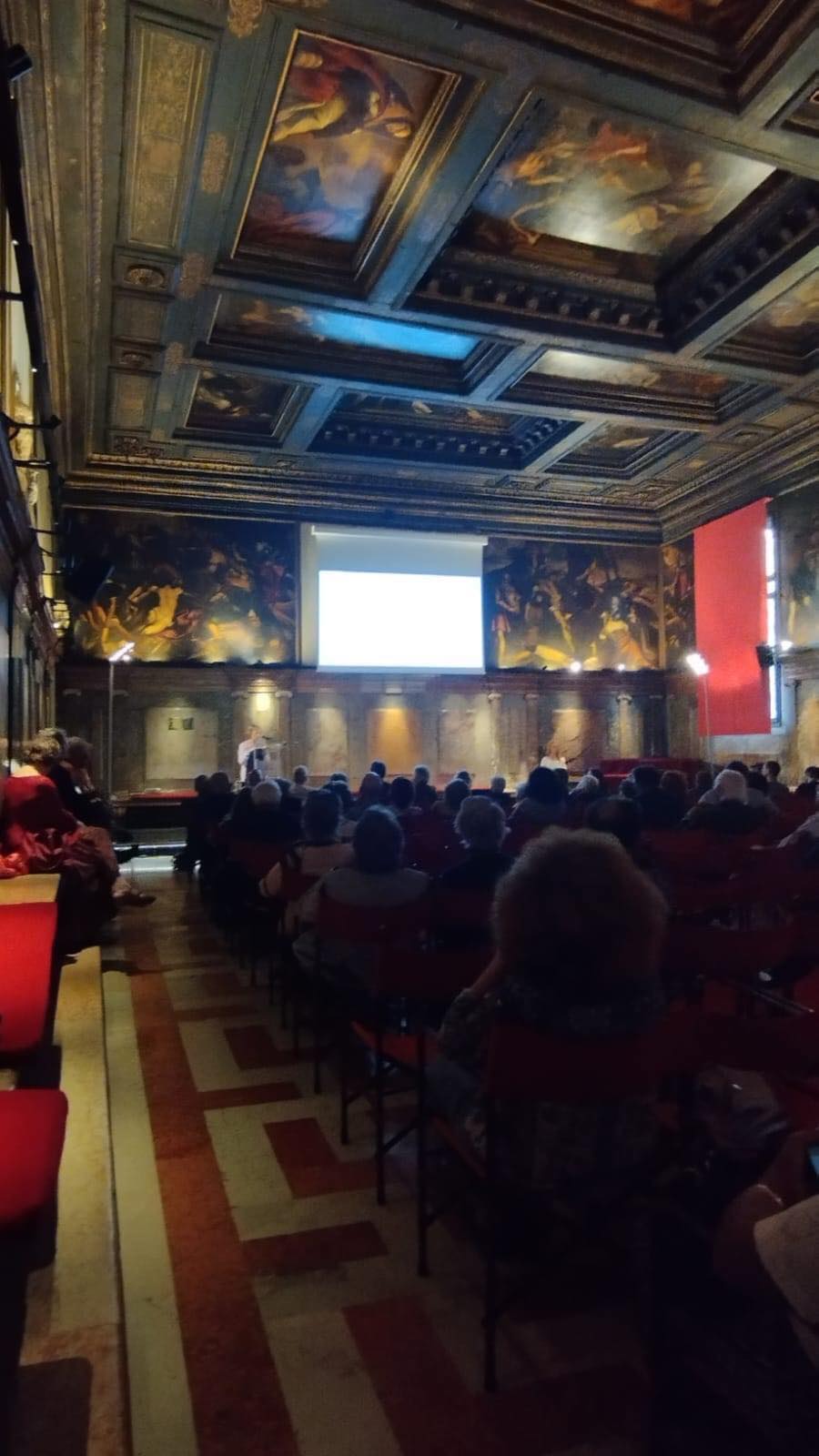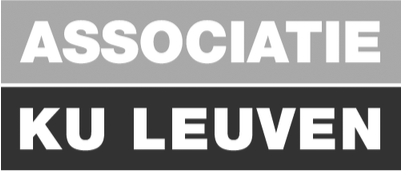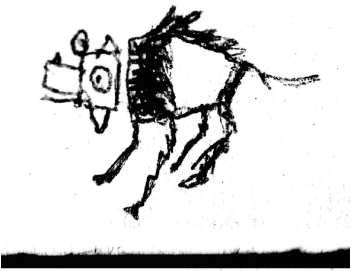On a torrid May afternoon, when the thermometer reached 30C and a million of tourists hid in the shade of centuries-old terraces along the Venice embankments, a troupe of poets bypassed the hot crowds to enter a shaded secret garth – Bistrot de Venise – tucked between Realto and San Marco.
Like birds gathering on the same tree, they occupied rows of thonet chairs to recite and to listen to poetry. The occasion was the International Poetry Festival ‘Palabra en el Mundo’ that takes place every May around the world. The Venitian edition of ‘Palabra en el Mundo’ is initiated and curated for many years by the Italian poet and translator Anna Lombardo. The central theme chosen by the organisers for this year was Peace.
Despite geography and style, dozens of poets and artists gathered together for three days to schmooze with their own kind. The atmosphere was applause, sighs of “yes”, words over the sounds of water.
On May 24, the entire literary world celebrates the birthday of Joseph Brodsky. This year, on this day, the poet could have turned 83 years old. Two days after his birthday, we paid tribute to the poet and performed on Day 2 of the festival at the Ateneo Veneto, where Brodsky recited 3 decades ago.
The secured support from The Research Foundation – Flanders (Fonds Wetenschappelijk Onderzoek – Vlaanderen) guaranteed our travel to the festival to present our new two-poets show Café Europa.
Many of us know that poetry is important, however poetry still remains the non-profit of literature. Poetry does not pay. It does not pay poets enough to live on – which is why they support themselves in other ways – and it does not pay publishers enough to make it worth their while to publish it.
It is essential that poetry is funded, that we, as a society, find ways to establish the system of support and the accompanied reckoning around the ways poetry exists in Europe. We can’t say that we value poetry without also valuing the poet.
Poetry is a practical way of affirming the principles of humanism. The existence of poetry and culture, in general, allows us to remain human. Only the preservation and successive development of culture guarantees a civilized form of peaceful co-existence for a large number of people in a multilingual, multicultural land as Europe.
And that’s why permanent granting schemes like ‘FWO – The Research Foundation – Flanders’ are of great value.
Thanks to Anna Lombardo for the invitation to perform.















